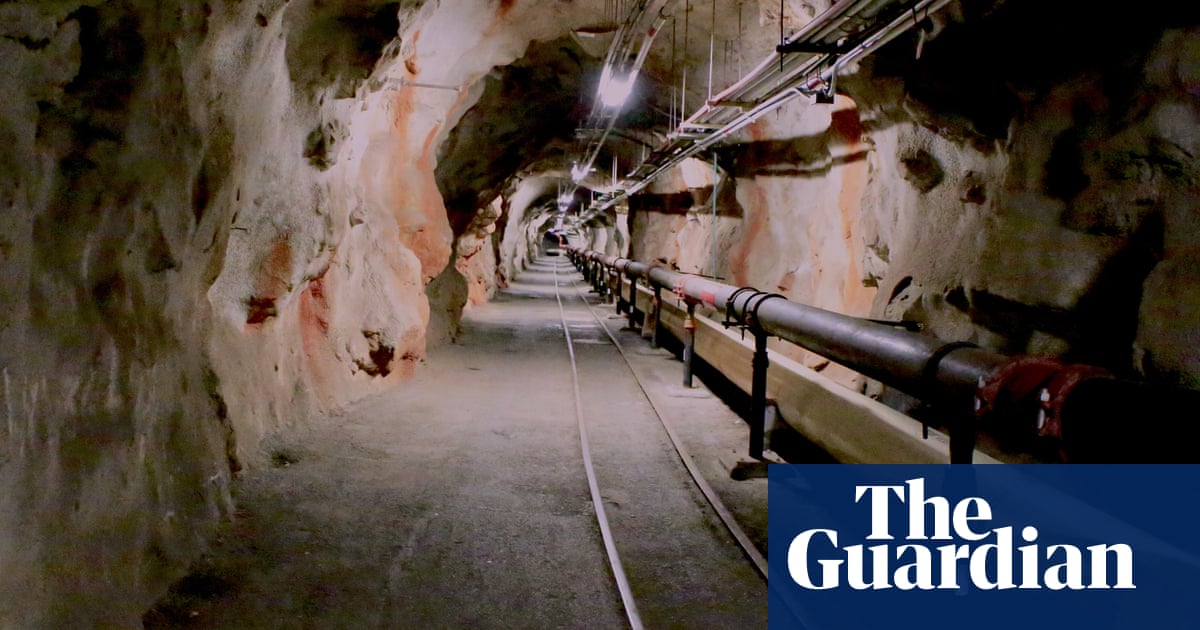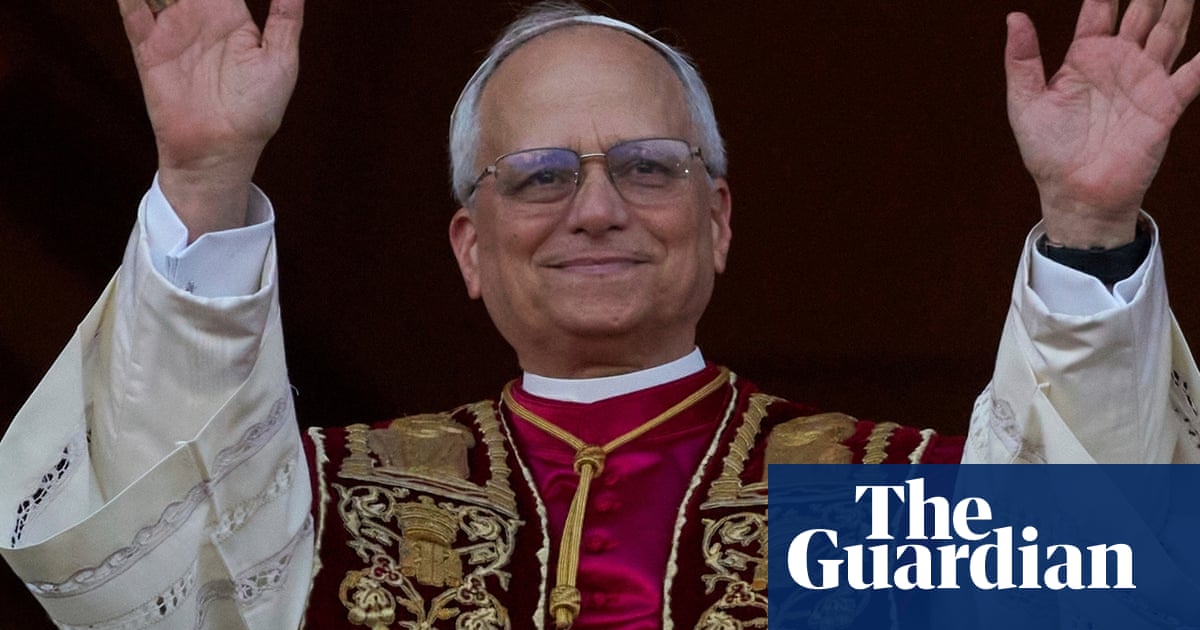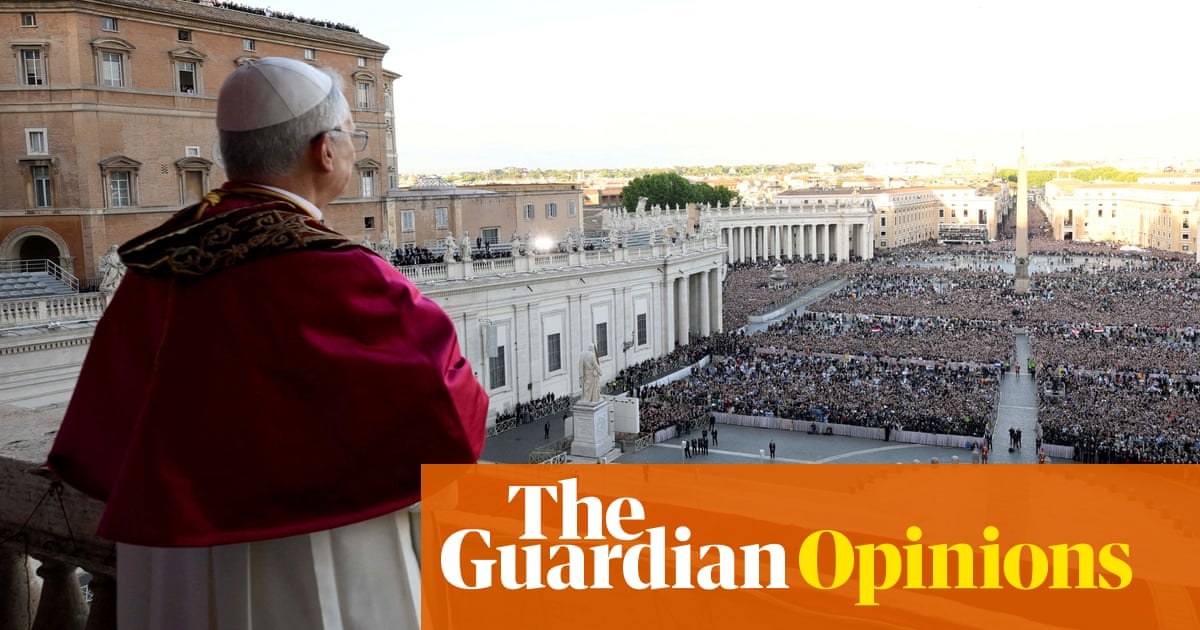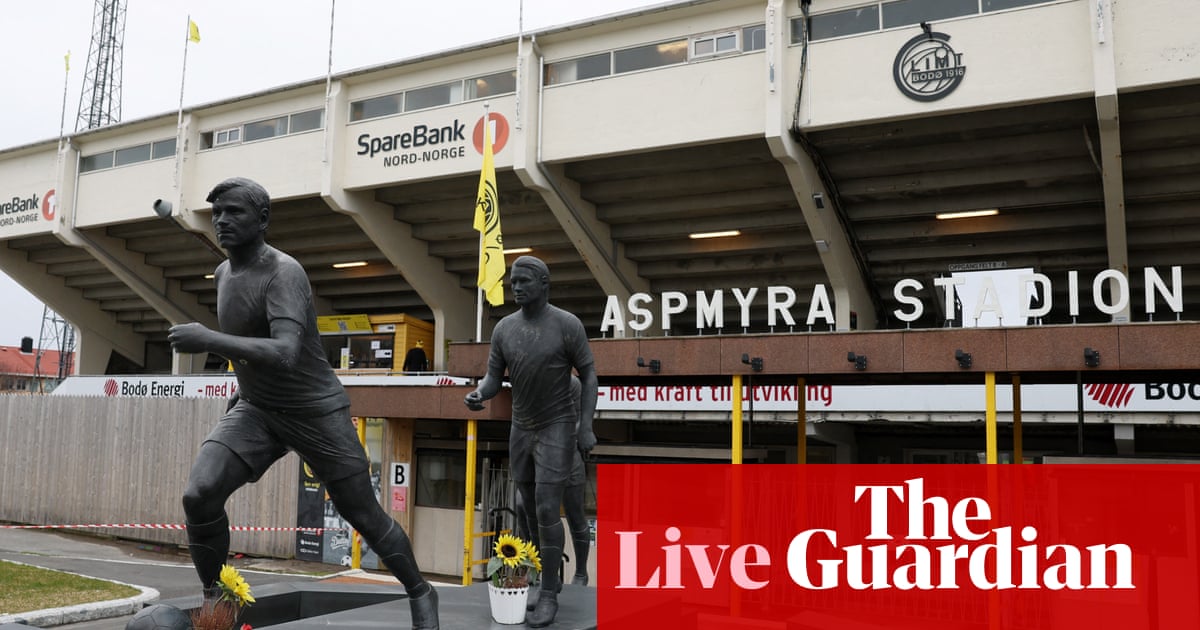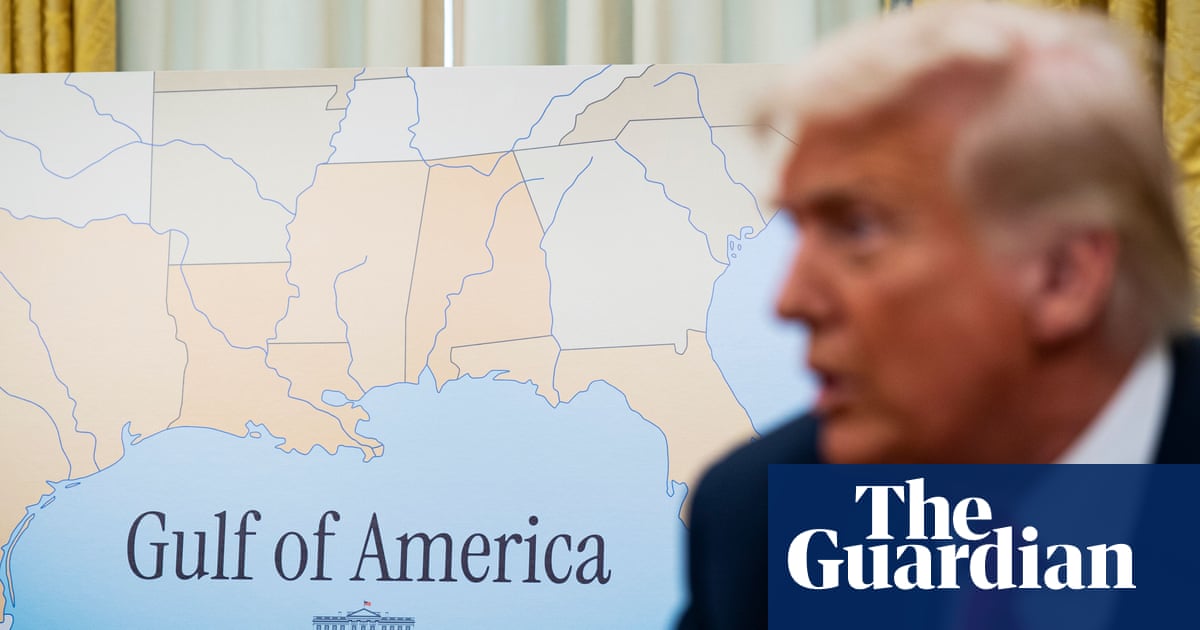The owner of British Gas has suffered a shareholder rebellion after handing its chief executive a multimillion pound pay packet while energy bill payers struggle with record levels of debt.
Nearly 40% of Centrica’s shareholders voted against the board’s pay plans at the energy company’s annual investor meeting in Manchester on Thursday, after rising criticism of boss Chris O’Shea’s pay during the energy crisis.
O’Shea’s basic salary rose 29% last year to £1.1m to take his total pay packet, including bonuses and share-related pay, to £4.3m for the year.
The payday was about half what he was paid the year before when his pay packet ballooned to around £8m, largely thanks to a £5.9m bonus scheme.
The pay rises have angered consumer groups, fuel poverty campaigners and climate activists who have accused the company of profiting from higher energy prices after Russia’s invasion of Ukraine while millions of households have struggled to pay their heating bills because of soaring energy costs.
In total, household energy debt and arrears have climbed to about £3.8bn, an increase of around £2bn since the start of 2022.
Centrica’s market value has grown by over 250% in the last five years due to climbing energy market prices after the Covid-19 pandemic and Russia’s invasion of Ukraine. However, shares in the FTSE 100 company fell by 7.5% on Thursday after it warned that the mild start to spring would dent its profits for the first quarter.
Ahead of the shareholder vote, leading proxy adviser Institutional Shareholder Services (ISS) recommended against supporting O’Shea’s pay packet at the annual meeting.
ISS told its clients the pay rise was “materially above those given to the wider workforce” and “not considered to be supported by cogent rationale”.
Mel Evans, Greenpeace UK’s climate team leader, called on the government to cap pay rises and bonuses for energy companies so they are not “rewarded for deepening the cost of living crisis”.
“You know the profiteering has gone too far when even the shareholders start rejecting the bumper pay rises put forward by greedy bosses,” Evans said. “We’re all sick to death of being unfairly ripped off by the gas industry, who have made eye-watering profits at the expense of ordinary billpayers in recent years.”
O’Shea said last year that it was “impossible to justify” his pay when British Gas customers were struggling. “You can’t justify a salary of that size,” he told the BBC. “It’s a huge amount of money; I am incredibly fortunate. I don’t set my own pay; that’s set by our remuneration committee.”
after newsletter promotion
A spokesperson for Centrica said: “While we welcome the backing of the majority of our shareholders for that resolution following extensive engagement on remuneration, we will continue to engage with shareholders in constructive and open dialogue.
“The company will provide an update to shareholders within six months of today’s meeting.”
Separately, Tesco’s annual report revealed that the pay of its chief executive, Ken Murphy, fell by about £1m to £9.23m – still 373 times that of the average employee at the supermarket group – after he missed targets on his bonus-related sales and profits as well as food waste.
The retailer was forced to revise down its success in tackling food waste after a problem with a partner – which it emerged was turning the waste into energy rather than feeding it to animals as agreed. This year Murphy could earn more than £10m if he hits all his targets as his basic salary has been increased by 2% to almost £1.5m.

 5 hours ago
6
5 hours ago
6




